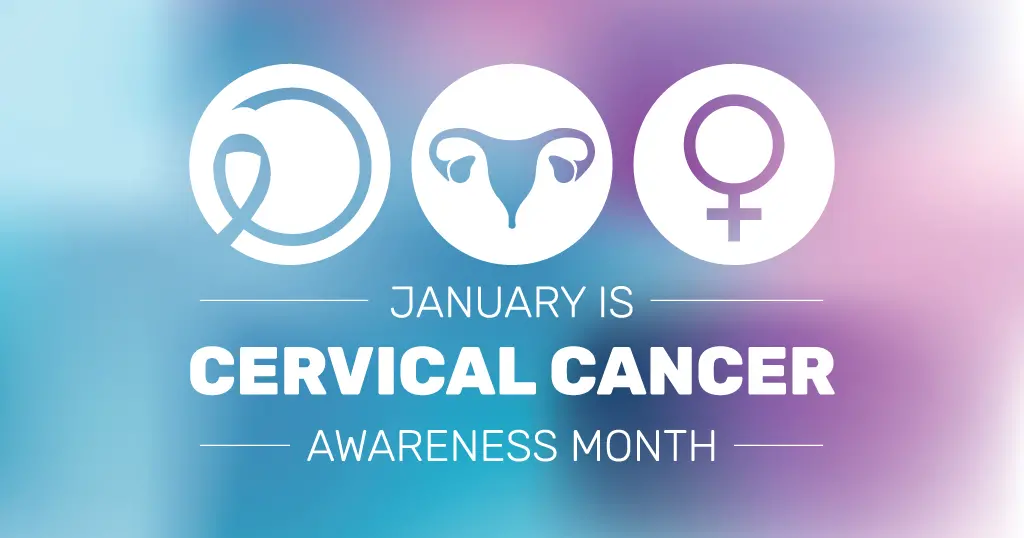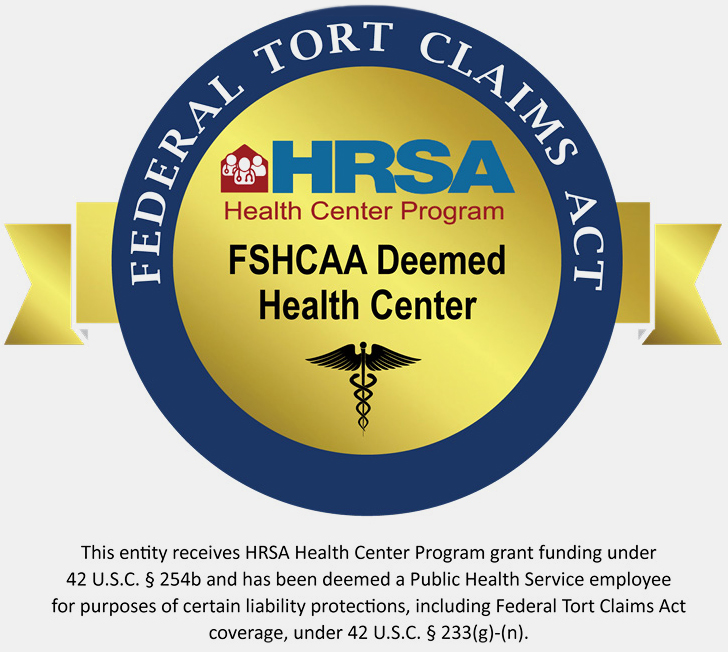
What is Cervical Cancer?
Cervical cancer is a type of cancer that happens in the cervix, which is the lower part of the uterus that opens into the vagina. It’s caused by abnormal changes in the cells of the cervix. These changes can turn into cancer if not found and treated early.
The most recent information on cervical cancer shows some important things about how often it happens, how many people die from it, and how many people survive it. In 2023 in the United States, about 13,960 people were expected to get cervical cancer, and around 4,310 people were expected to die from it.
The good news is that with regular screening, fewer people are getting this cancer, but it’s still more common in Hispanic/Latino, Black, and Asian women. Worldwide in 2020, about 604,000 women got cervical cancer, and 342,000 died from it (almost 57%). Most of the deaths were in countries where there is a high number of people living in poverty.
According to the National Cancer Institute between 2016 and 2020 in the U.S., about 7.7 out of every 100,000 women got cervical cancer, and about 2.2 out of every 100,000 women died from it each year. There’s a small chance that a woman will get this cancer sometime in her life. In 2020, there were almost 300,000 women living with cervical cancer in the U.S. The chances of living for at least 5 years after finding out you have cervical cancer is about 67.2%. This chance increases to about 91%, if the cancer is found early and confined to one place. If the cancer has spread to nearby areas, the 5-year survival drops to about 60%. If it becomes widespread in the body, the chance of survival drops to about 19%. Therefore, regular screening is critical for early detection of cervical cancer.
How Do People Get Cervical Cancer?
The most common cause of cervical cancer is the human papillomavirus (HPV). HPV is a very common virus passed from one person to another during sex. Most of the time, the body’s immune system fights off HPV naturally. But sometimes, HPV can cause changes in cervical cells that over time may turn into cancer.
Do You Need an HPV Vaccine or Pap Screening?
Call Pillar Health or Kenosha Community Health Center at 262-656-0044 to make an appointment today! Getting checked for cervical cancer with Pap and HPV tests is really important for maintaining your health.
LEARNING ABOUT PAP AND HPV TESTS
What Are These Tests?
Pap Test: This is a simple test where doctors check your cervix for any signs of cancer or cells that might turn into cancer.
HPV Test: This test looks for a virus called HPV in the cells of your cervix. HPV is common and can cause cervical cancer.
Why You Should Get Tested Often?
- Finding problems early with these simple screening tests can save lives.
- Regular checks help find any bad cells early. This means they can be treated before they turn into cancer.
Who Should Get Tested?
- Women from 21 to 65 years old should get screened and tested regularly.
- If you’re 21-29 years old: Get a Pap test every 3 years.
- If you’re 30-65 years old: Get a Pap test every 3 years, an HPV test every 5 years, or both tests every 5 years.
- Women over 65 and those who had certain surgeries might not need these tests.
- Talk to your doctor about the right test for you.
What Your Test Results Mean
- Normal Results: You’re good! Just get tested again when it’s time. Put a reminder in your calendar.
- Unclear or Not Normal Results: This doesn’t always mean cancer, but you might need more tests.
How to Lower Your Risk
- Get the HPV vaccine.
- Use condoms.
- Have fewer sexual partners.
- Don’t smoke – it raises the risk of getting cervical cancer.
Getting Tested
- Most insurance plans will pay for cervical cancer screening tests.
- If you don’t have insurance, don’t stress. We can talk about what you can afford and how we can help you out. The most important thing is for you to maintain good health. Call us at (262) 656-0044, and we’ll figure it out together!
Do not wait to schedule your appointment.
Kenosha Community Health Center has many appointment options in Kenosha and Silver Lake to meet your needs.
Schedule An Appointment







